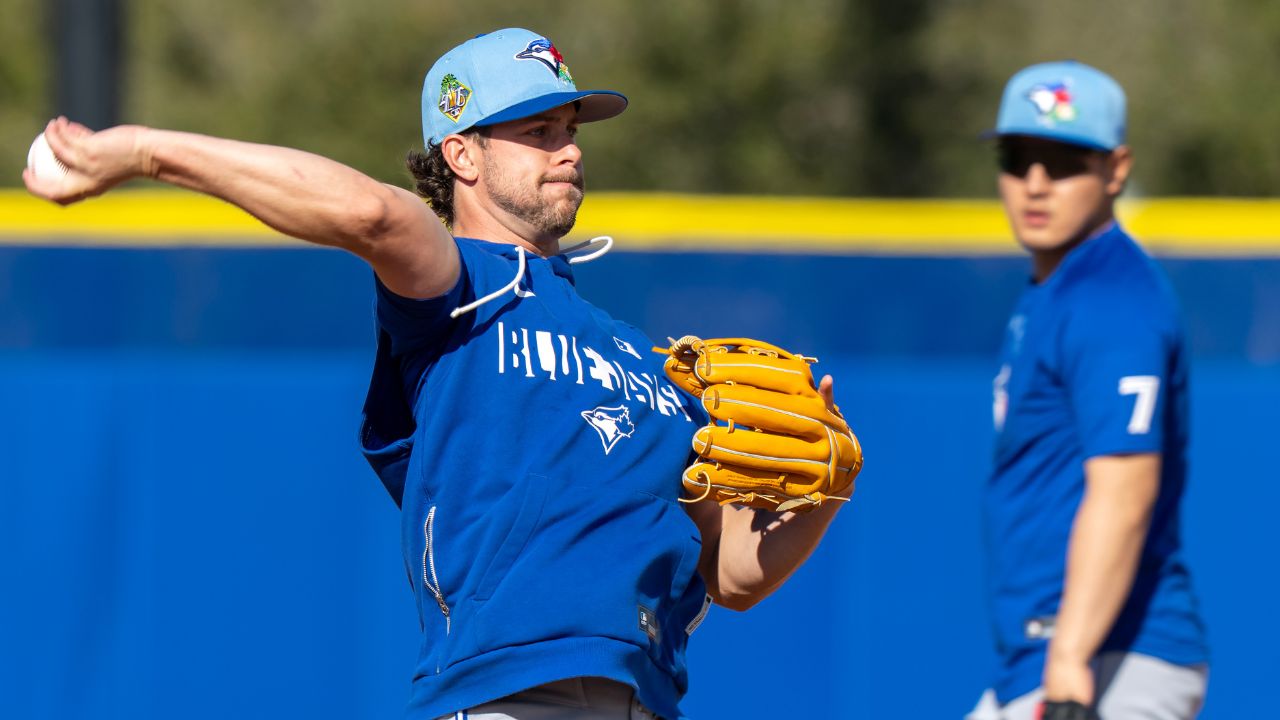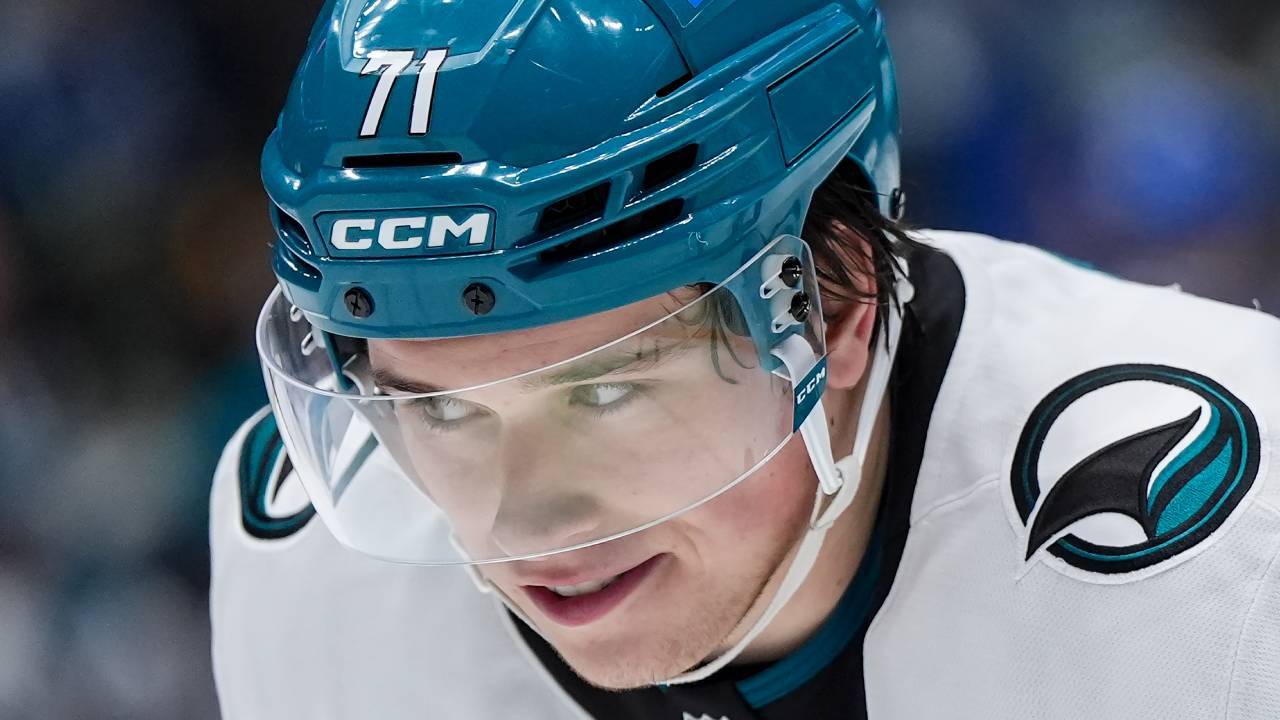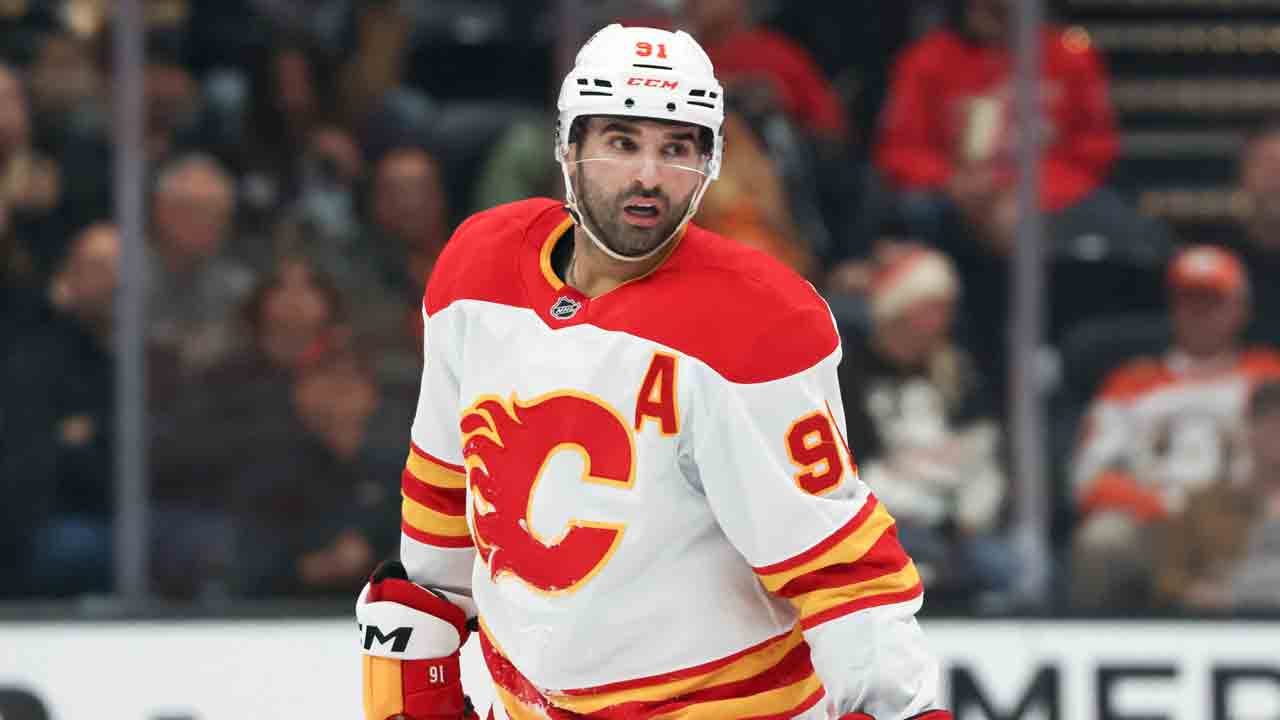
NEW YORK — So, that was the Yusei Kikuchi experience. Did you enjoy the ride?
A rocket here, a laser beam there. Fastballs up to 97 dotted on the arm-side black; cutters down in the zone for called strikes and groundballs; split-changeups that missed by a mile; sliders that spun into the right-handed hitters’ happy zone. At first, a hard-contact parade. Then, suddenly, a groundball machine. Nearly decapitated by a Josh Donaldson comebacker at one point. Yanked in the fourth at 84 pitches. And yet, only two earned runs allowed.
It won’t always be such an adventure, surely. Or maybe it will. Who knows? That’s really the fun of it as the Toronto Blue Jays see out a three-year, $36-million bet that they can be the ones to help the funky left-hander realize his potential. Tuesday’s performance, in what ended up a 4-0 Blue Jays loss to the New York Yankees, obviously wasn’t what the club ultimately envisions. But it’s worth taking a breath and remembering that it was start one, that he’s taking the fifth turn in a very strong rotation, that Kikuchi’s working on a laundry list of adjustments, and that these things take time.
So, it was a start. On both micro and macro levels. It began with Kikuchi throwing primarily sliders that too often landed out over the plate and generated fly ball contact, an awfully dangerous game to play considering the lineup he was pitching to and the confines he was pitching within.

And although Lourdes Gurriel Jr. bailed him out with a leaping grab of an Aaron Judge flyball in left, and Teoscar Hernandez saved him a run by gunning out Donaldson at home after Anthony Rizzo scorched a double off the wall in right, Kikuchi ultimately paid for his audacity, serving up a two-run, 365-foot Yankee Stadium special to Aaron Hicks off one of those plate-riding sliders in the second.
Yet, Kikuchi’s results were much more palatable in the third, as he shifted to a fastball-and-cutter heavy approach with the odd split-change in between, which brought about the awkward swings and groundballs he’ll produce when it’s all working together.
But after striking out Giancarlo Stanton to open the fourth, it all fell apart behind him, as Matt Chapman couldn’t come up with a groundball between third and short, Gleyber Torres lifted a soft flare into shallow left for a single, and Tyler Heineman, Kikuchi’s catcher, soared a pick-off attempt into right field, letting an unearned run score.
Kikuchi’s night ended moments later as he reached his pitch count on a walk, capping an uneven night. The good: his overpowering fastball and cutter, the former of which wasn’t put in play despite being his most-used pitch. The bad: his slider location and changeup command, the former of which led to some of his hardest contact allowed. The Blue Jays knew they were signing up for a project in Kikuchi. And that work remains very much in progress.
Of course, Kikuchi’s upside is obvious. His mid-90s fastball is uncommonly heavy among left-handed starters; his hard cutter and biting slider both feature above-average movement; his split-changeup produced a nearly 40 per cent whiff rate last season, the fourth-highest among MLB starters. Consistently putting it all together has been his challenge, resulting in below-average ERAs in each of his three MLB seasons, and a disjointed 2021 in which he was an all-star in July and MLB’s hardest-hit pitcher over the second half.
The Blue Jays signed Kikuchi believing they could help him make the adjustments needed to unlock all that upside. The process began this spring, as the club sought to alter the 30-year-old’s pitch usage and encourage him to attack hitters in previously underutilized locations. They wanted more cutters in on the bodyline to right-handers; more sliders tunnelled off fastballs to both sides of the platoon; more split-changeups in two-strike counts. The Blue Jays also moved Kikuchi on the rubber and tweaked his delivery, seeking to get him in the zone more often with his four-seamer, and off the heart of the plate more consistently with everything else.
“We’ve dug into some things that we think can help him. We’re trying to get him as comfortable as he can be here as quickly as possible,” says Blue Jays pitching coach Pete Walker. “And trying to get our catchers familiar with him — that helps a lot.”
Which is where the oblique injury Danny Jansen picked up Sunday on his final swing of his final at-bat comes in. And clearly not in a good way. Jansen worked with Kikuchi on his many adjustments all spring and would have been catching him Tuesday if not for landing on the 10-day injured list. And Jansen isn’t returning any time soon, which means Kikuchi will have to continue the process with catchers who lack familiarity with him.
Every strain is unique, and every athlete recovers at different rates, but it’s safe to assume the Blue Jays will be without Jansen until well into the month of May. Considering the time of year, the club isn’t going to rush him back and risk re-aggravation. And while past injury data is in no way predictive, it’s at least worth noting that in 2020 catchers Kyle Higashioka and Mike Zunino each missed a little shy of four weeks with oblique strains of their own. That’s likely a best-case expectation for Jansen, too.
So, how do the Blue Jays fill the void behind the plate while Jansen recovers? Heineman and Zack Collins will get opportunities based on matchups, the former mostly against lefties and the latter against righties. The fact Heineman’s more glove than bat, while Collins is the polar opposite, will inform their usage, as well. But the biggest benefactor of the playing time up for grabs is young Alejandro Kirk.
And we forget just how young he is. Kirk’s the second-youngest player on Toronto’s 28-man roster — incredibly, Vladimir Guerrero Jr.’s a year younger entering his fourth MLB season — and the fourth-youngest on its 40-man. The 23-year-old’s heart rate is just so low at the plate, and he’s demonstrated such poise in high-pressure moments, that it’s easy to overlook how new this all is to him.
Monday was only Kirk’s 72nd MLB game — his 48th as a starting catcher. And it’s not like his come-up was deliberate. Kirk caught 117 minor-league games — none above high-A — before making his MLB debut at 21 late in a pandemic-shortened 2020 season.
That’s how undeniable Kirk’s bat was. And continues to be. But with so little experience handling even early 20-something pitchers at affiliated ball’s lowest levels, there was no way he could be prepared to work effectively with 30-year-old veterans executing incredibly detailed and dynamic game plans at the game’s highest.
That’s why you’ve seen Kirk continue to make the developmental jumps he has. He’s literally growing up in the majors. Every day brings a new lesson in reading swings, making adjustments and shaping strike zones. New strategies, concepts, even terminologies. Kirk’s English has improved substantially since his debut, and he’s grown progressively more comfortable expressing himself and offering insights during Toronto’s daily pitchers-and-catchers meetings.
“He’s got a good rapport with all of our pitchers right now,” Walker says. “I think once these younger guys get a little more experience, it seems like the true player comes out. And I think you’re going to see him developing more. He’s got really soft hands. And he handles the ball down in the zone as well as anybody as far as framing.”
Walker’s right. Last season, Kirk helped convert 61.7per cent of the taken pitches he received at the bottom of the strike zone into called strikes, the highest mark of any qualified catcher in the game. This Baseball Savant graphic is admittedly noisy, but what you want to look at is Kirk’s above-average ratings in the three righter-most zones, which represent low pitches, and particularly Zone 18, which the chart’s ordered by:
Do you know who finished second in called strikes located within Zone 18 among the 266 MLBers who threw at least 1,000 pitches last season? Jose Berrios. Do you know who finished fifth? Kevin Gausman. Do you know who finished 11th? Kikuchi. You can look for yourself.
That’s four guys within MLB’s 95th percentile. And Hyun-Jin Ryu was within the 80th. Called strikes at the bottom of the zone are incredibly important for this Blue Jays rotation. And they will only become moreso if Alek Manoah continues throwing his reworked changeup as often as he was Monday, looking to fade it along corners at the knees.
We’ve already seen how Kirk’s receiving could help Gausman. We already know how it helped Robbie Ray win a Cy Young award. Maybe the next move is to pair Kirk with Kikuchi and find out if he can help the bewildering left-hander take another step.
Of course, Kirk can’t catch every day. And durability’s already a question mark considering his atypical body composition. The Blue Jays won’t want to test his limits and risk another injury like the hip flexor issue that cost Kirk nearly two months last season. Then a bad situation would turn disastrous. So, Heineman and Collins will have to get up to speed with Toronto’s pitching staff awfully quickly. Because their opportunities are coming.
Oh, and what’s that sound coming from triple-A? Is that Gabriel Moreno going 2-for-5 and gunning down a runner Tuesday in his 2022 debut? As in Gabriel Moreno, the top-10 MLB prospect? That’s interesting timing. And that’s a sound that may only grow louder in the coming weeks as the Blue Jays juggle a suboptimal major-league catching rotation. Alas, that’s also a conversation for another day.








